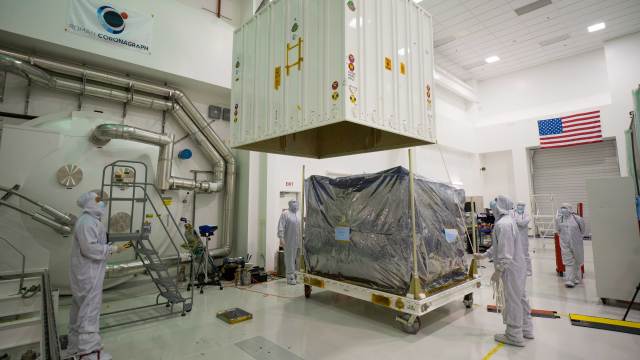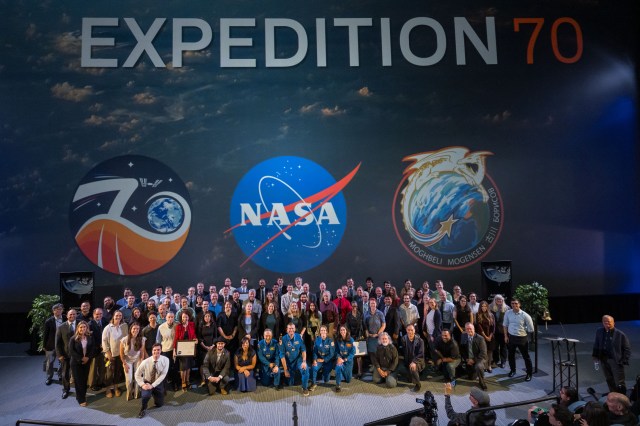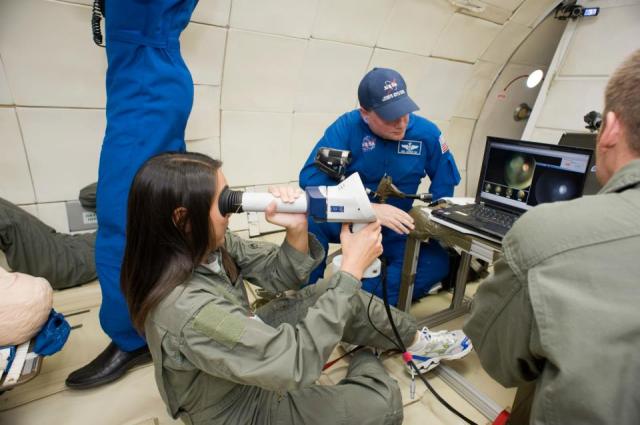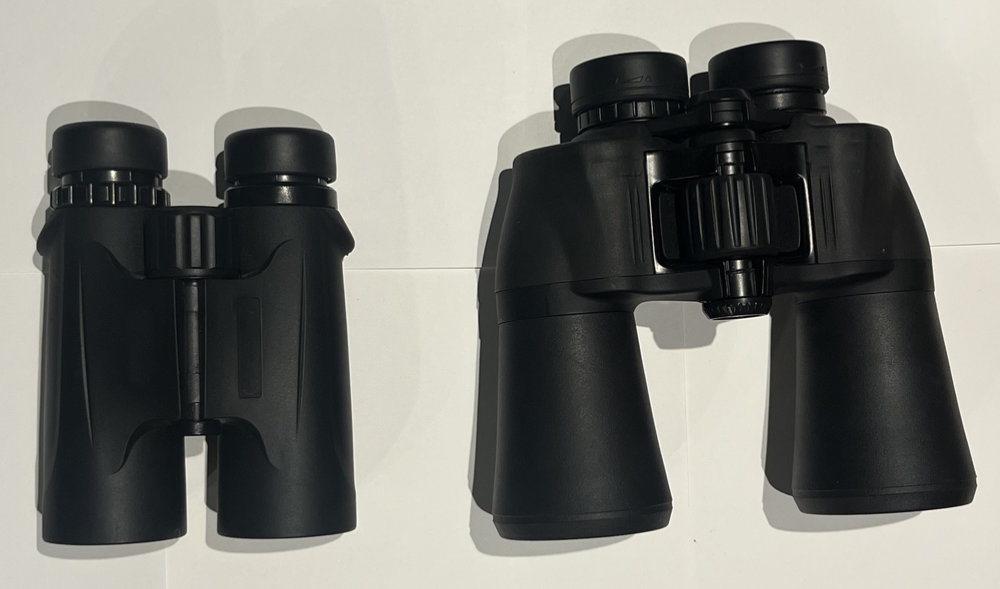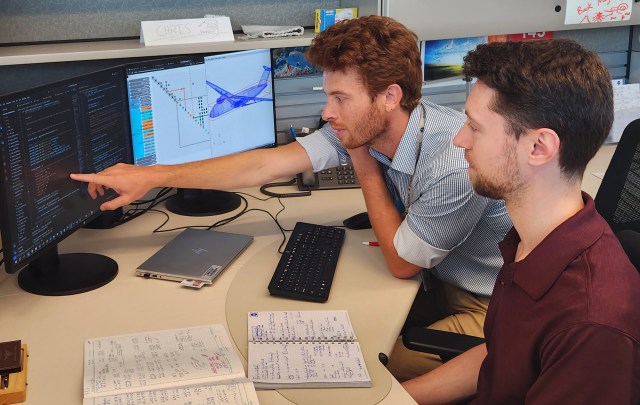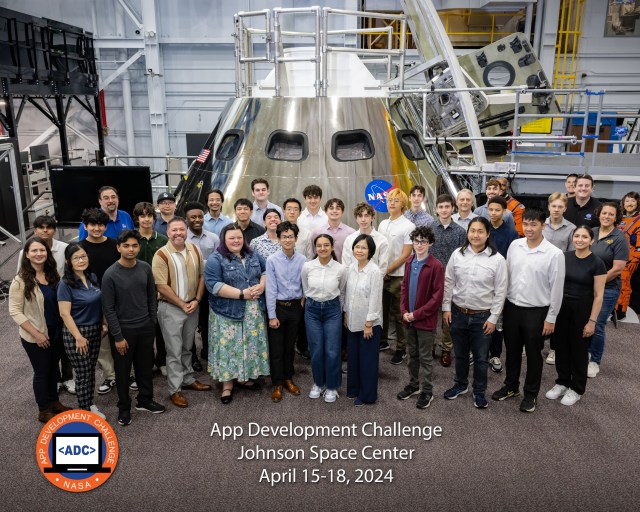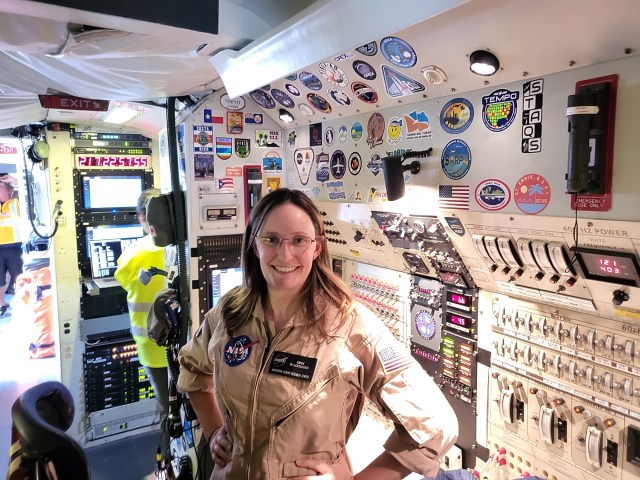Alan Wang
Oregon State University
In very recent years, active metasurfaces have demonstrated tremendous potentials to achieve dynamic spatiotemporal control of light by integrating spatially scattering optical nanostructures with reconfigurable materials. However, the application of active metasurfaces is far from real due to the complexity of design for desired spectra and the limited optical tunability of existing materials. The objective of this Early Stage Innovations (ESI) proposal is to explore a new type of electrically tunable quasi-optical filters based on epsilon-near-zero (ENZ) metasurfaces, which will be enabled by deep-learning-enabled inverse design and high mobility transparent conductive oxide (HMTCO) materials and devices to achieve nearly three octaves (1.5~12µm) wavelength tuning. In addition, this project will address the scalable fabrication challenge by using standard silicon photonics foundry for large aperture, cost-effective filter array. The proposed active metasurface filters are expected to play pivotal roles in future NASA space applications such as hyperspectral imaging and infrared spectroscopy.





